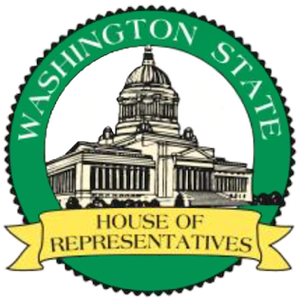The Washington State House Commerce and Gaming Committee (WA House COG) considers issues relating to the regulation of commerce in alcohol, tobacco and cannabis, as well as issues relating to the regulation and oversight of gaming, including tribal compacts.
Public Hearing
- HB 2035 - "Establishing a behavioral health prevention and equity impact framework for the Washington state liquor and cannabis board."
Executive Session
- HB 1855 - “Concerning a craft cannabis endorsement.”
- HB 1668 - “Expanding regulatory authority over cannabinoids that may be impairing and providing for enhanced product safety and consumer information disclosure about marijuana products.”
